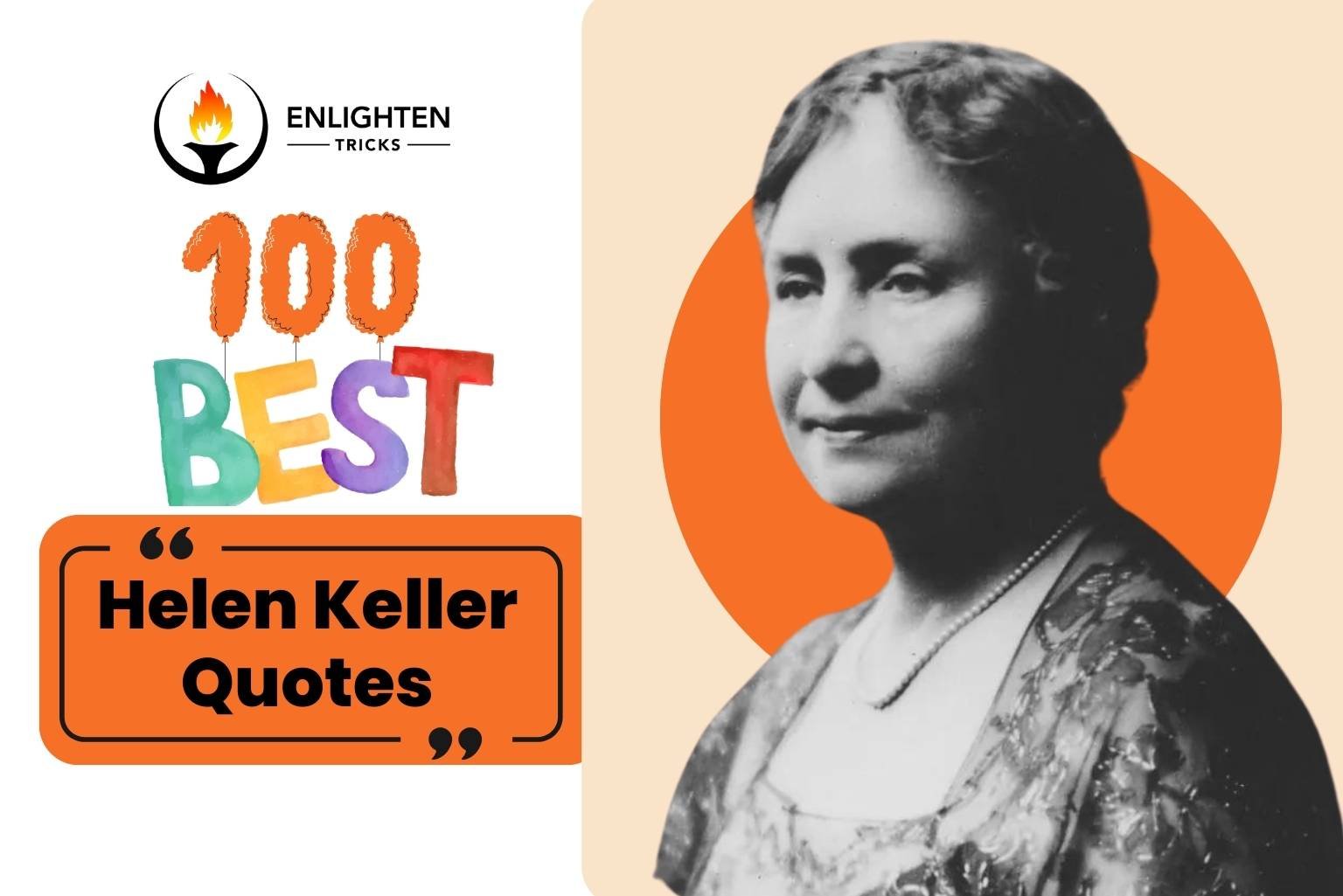In a world where relationships are often navigated through uncharted waters, understanding the key elements that contribute to a healthy and fulfilling partnership is crucial. This guide offers a deep dive into the essential aspects of a strong relationship. From trust to communication, intimacy to conflict management, each element is explored in detail, providing valuable insights for nurturing a lasting bond. Whether you’re starting a new relationship or strengthening an existing one, this guide is your compass to a deeper, more meaningful connection with your partner.
Trust Each Other
Trust forms the bedrock of any relationship. It’s about having unwavering confidence in your partner’s loyalty and their intentions towards you. Trusting your partner means feeling secure that they will act in your best interest, not just in fidelity, but in all aspects of life. It’s about relying on them to be emotionally available, to keep their word, and to handle sensitive matters with discretion. Building and maintaining trust demands consistent actions, honesty, and open communication. It’s a delicate balance that, once established, forms the backbone of a deep and meaningful connection.
Respect for One Another
Respect is a multi-faceted aspect of a relationship that encompasses recognizing and valuing each other’s individuality, feelings, and needs. It’s about understanding and honoring personal boundaries, valuing each other’s opinions and choices, and appreciating the differences that each partner brings to the relationship. This respect is reflected in how partners communicate, make decisions, and address conflicts. It’s about treating each other with dignity and kindness, even during disagreements, and ensuring that both partners feel heard and valued.
Good Communication
Effective communication is more than just the exchange of words; it’s the lifeblood of a healthy relationship. It involves actively listening to your partner, not just hearing them, but striving to understand their perspective. It means expressing your thoughts and feelings in a clear, direct, and respectful manner. Good communication also encompasses nonverbal signals like body language, facial expressions, and tone, which can often convey more than words. Open and honest communication fosters a deeper understanding and connection between partners, helping to resolve conflicts and build a stronger bond.
Support Each Other
Supporting your partner means being there for them in every sense. It involves providing emotional support during difficult times – offering a listening ear, empathy, and understanding. It also includes practical support, such as helping with daily tasks or working together towards common goals. Being supportive means being your partner’s biggest fan and advocate, encouraging them in their endeavors, and standing by them through challenges and triumphs alike. This mutual support strengthens the bond and deepens the sense of partnership.
Honesty
Honesty in a relationship means more than just not lying. It’s about being authentic and transparent with your feelings, thoughts, and intentions. This includes sharing your true self, revealing your vulnerabilities, and communicating your desires and fears openly. Honesty helps in building trust and creates an environment where both partners can feel safe and secure in their vulnerability. It fosters a deeper, more authentic connection, allowing for a more profound understanding of each other.
Understanding
Understanding in a relationship involves empathetically listening to your partner and genuinely trying to see things from their perspective. It’s about recognizing and validating their feelings and experiences, even if they differ from your own. This understanding requires patience, openness, and a willingness to learn from each other. It’s a crucial component in building a strong emotional connection and helps in resolving conflicts in a compassionate and empathetic manner.
Quality Time Together
Quality time is about giving each other your undivided attention and being fully present during the moments you share. It’s not just about the quantity of time spent together, but the quality of these interactions. Whether it’s engaging in shared interests, trying new activities, or enjoying simple everyday moments, quality time strengthens your bond. It’s about creating memories and experiences that deepen your connection and bring joy and fulfillment to your relationship.
Intimacy
Intimacy extends beyond physical closeness and encompasses emotional and intellectual connection. It’s about sharing your innermost thoughts, feelings, and experiences with your partner. Intimacy involves opening up and being vulnerable, allowing your partner to truly know you. This closeness creates a unique bond, fostering trust and a deeper understanding of each other. It’s a vital element in maintaining a passionate, connected, and fulfilling relationship.
Compromise
Compromise is essential for navigating the inevitable differences that arise in any relationship. It involves finding a balance where both partners feel their needs and wishes are respected and met. Compromising doesn’t mean always giving in or losing yourself in the relationship; rather, it’s about each partner adjusting their expectations and desires to find a mutually satisfying middle ground. Effective compromise requires communication, understanding, and a willingness to put the relationship above individual desires at times.
The Right Amount of Sex
Sexual compatibility and satisfaction are integral parts of a romantic relationship. This involves open, honest conversations about sexual desires, preferences, and boundaries. Being attentive to each other’s sexual needs and willing to work together to ensure mutual satisfaction is key. It’s about respecting each other’s comfort levels and finding a balance that is fulfilling for both partners.
Safety
Safety in a relationship encompasses both physical and emotional aspects. It means creating an environment where both partners feel secure, respected, and free from any form of harm or abuse. This safety allows for open expression without fear of judgment, ridicule, or retaliation. A safe relationship is one where trust is assured, and each partner feels protected and valued.
Patience in Relationships
Patience is a virtue, especially in relationships. It’s understanding that personal and relational growth occurs over time, not overnight. Patience involves giving your partner time to change and grow at their own pace, without feeling rushed or pressured. It’s about being tolerant of mistakes and misunderstandings, and not expecting immediate resolutions to complex issues. Managing expectations realistically is key, as is the ability to stay calm and supportive during challenging times.
Making Your Partner a Priority
To make your partner a priority is to value their presence and role in your life significantly. This means actively incorporating their needs and happiness into your daily decisions. It’s about showing attentiveness to their desires, dedicating quality time to be with them, and ensuring they feel important and cherished. Whether it’s through small daily gestures or major life decisions, showing your partner they are a top priority reinforces the strength and depth of your bond.
Don’t Take Each Other for Granted
Over time, there’s a risk of becoming complacent in how we treat our partners. Actively working against this involves continuously expressing gratitude and appreciation for them. Acknowledging the effort they put into the relationship, whether it’s through small daily tasks or grand gestures, is crucial. Celebrating and appreciating the everyday aspects of your relationship helps maintain a sense of newness and gratitude, keeping the relationship vibrant and meaningful.
Intellectual Compatibility
Intellectual compatibility is about connecting on a mental level. It involves sharing and respecting each other’s interests and enjoying intellectual stimulation together. This doesn’t necessarily mean having identical viewpoints, but rather appreciating and being intrigued by each other’s thoughts and ideas. Engaging in stimulating conversations, debates, and sharing learning experiences can greatly enhance the quality of a relationship, fostering a deep, intellectual bond.
Having Fun Together
Infusing your relationship with fun and playfulness is essential. This means engaging in activities that both partners find enjoyable and that bring laughter and joy. It could be shared hobbies, spontaneous outings, or simply being playful in daily interactions. Prioritizing fun helps to keep the relationship fresh and exciting. It creates lasting memories and strengthens the bond, reminding both partners of the joy of being together.
Promises That Are Kept
Keeping promises is a cornerstone of building trust and reliability. When you follow through on your commitments, it shows your partner that they can depend on you. This involves being mindful about the promises you make and putting in the effort to fulfill them. Consistently keeping your word demonstrates respect and care for your partner and strengthens the trust that is fundamental to a healthy relationship.
Conflict Management
Effective conflict management is vital for the health of a relationship. It involves addressing issues with respect, empathy, and a willingness to understand your partner’s perspective. Good conflict management means avoiding harmful behaviors like yelling or name-calling, and instead focusing on constructive communication. It’s about finding mutually acceptable solutions and knowing when to take a break to cool down if discussions get too heated. This approach helps in resolving disagreements in a way that strengthens the relationship rather than weakening it.
Sums Up
In conclusion, the journey of a relationship is a continuous process of learning, understanding, and growing together. The key elements we’ve explored — trust, communication, support, intimacy, and more — serve as the pillars upon which a strong, healthy relationship is built. Nurturing these aspects is not a one-time task but an ongoing commitment to each other.
Every relationship is unique, with its own challenges and triumphs. By actively practicing these principles, couples can create a resilient bond that withstands the tests of time. Remember, it’s the daily efforts, the small acts of kindness, the willingness to listen and understand, and the courage to be vulnerable that weave the intricate and beautiful tapestry of a fulfilling partnership.









